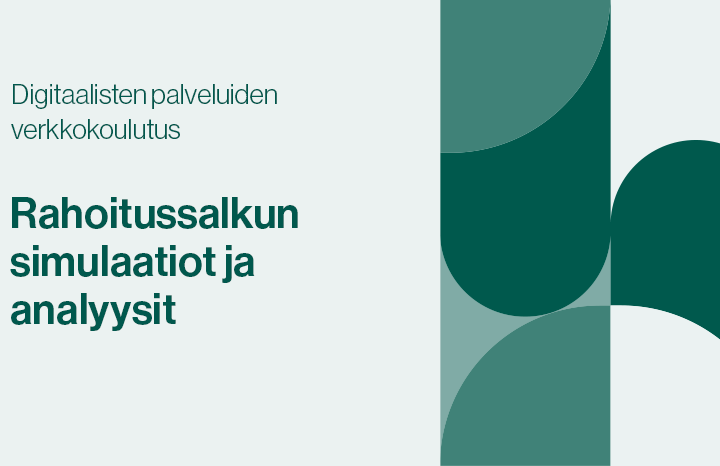
Turvaamme suomalaisen yhteiskunnan kehitystä
Kumppanisi kestävissä investoinneissa.
Nuorten hyvinvointi eriytyy – kunnilla ratkaiseva rooli nuorten arjessa
Amerikka himmentää oman loistonsa – tullit täydentävät virhearvioiden sarjaa
Vihreä rakentaminen luo myös sosiaalista hyvää

Podcast
Onko kohtuuhintainen koti muuttumassa pilvilinnaksi?
Asiakkaille
Kumppanisi kestävissä investoinneissa
Kuntarahoitus on Suomen ainoa julkisen sektorin ja valtion tukeman asuntotuotannon rahoitukseen ja talouteen erikoistunut luottolaitos. Rahoituksellamme toteutetaan esimerkiksi kouluja, sairaaloita, asuntoja, julkista liikennettä sekä infrastruktuuria.
Kunnat ovat Kuntarahoituksen omistajia, ja olemme niiden merkittävin rahoittaja. Meillä on vahva kuntien talouden ja toimintaympäristön tuntemus. Tarjoamme kustannustehokasta rahoitusta ja asiantuntijatukea kestävää yhteiskuntaa rakentaviin investointeihin.
Tarjoamme rahoitusta ja asiantuntijatukea asuntotoimijoiden investointeihin. Asiakkaitamme ovat kuntien asuntoyhtiöt sekä Valtion tukeman asuntorakentamisen keskus Varken yleishyödyllisiksi nimeät yhteisöt, jotka voivat olla yhtiöitä, yhteisöjä tai säätiöitä.
Kuntien omistamana toimijana meillä on pitkä kokemus hyvinvointiin liittyvien investointien rahoittamisesta. Tarjoamme rahoitusta niin pitkä- kuin lyhytaikaisiin tarpeisiin hyvinvointialueen taloudellinen tilanne huomioiden.
Tietoa meistä
Kuntarahoitus on yksi Suomen suurimmista luottolaitoksista
Avainlukujamme vuodelta 2024
35,8
mrd. €
Pitkäaikainen asiakasrahoitus
46,7
mrd. €
Varainhankinnan kokonaismäärä
8,9
mrd. €
Pitkäaikainen uusi varainhankinta
53,1
mrd. €
Taseen loppusumma
Osallistu ajankohtaisiin tapahtumiimme
Kaikille avoimissa tapahtumissamme saat tuoreimman tiedon talouden kehityksestä, yhteiskunnallisista ilmiöistä ja muista ajankohtaisista aiheista.

Vastuullisuus
Vauhditamme Suomen kestävyystavoitteiden toteutumista
Tutustu rahoittamiimme kohteisiin
Kuntarahoitus on kumppanisi kestävissä investoinneissa. Lue lisää ja inspiroidu asiakkaidemme toteutuneista hankkeista.

Töihin Kuntarahoitukseen























